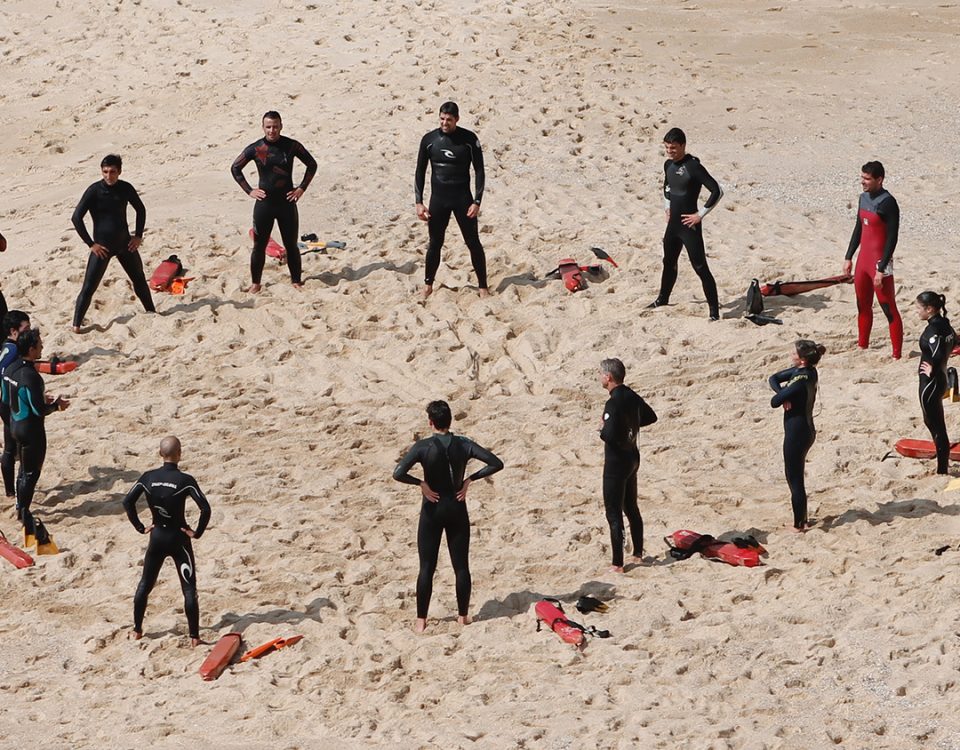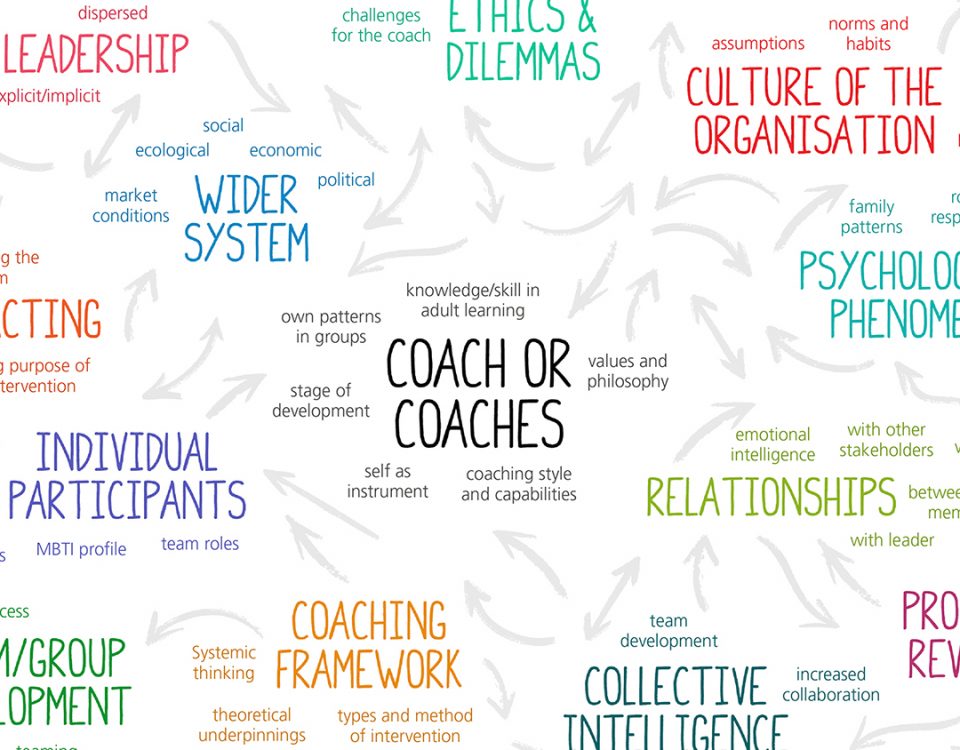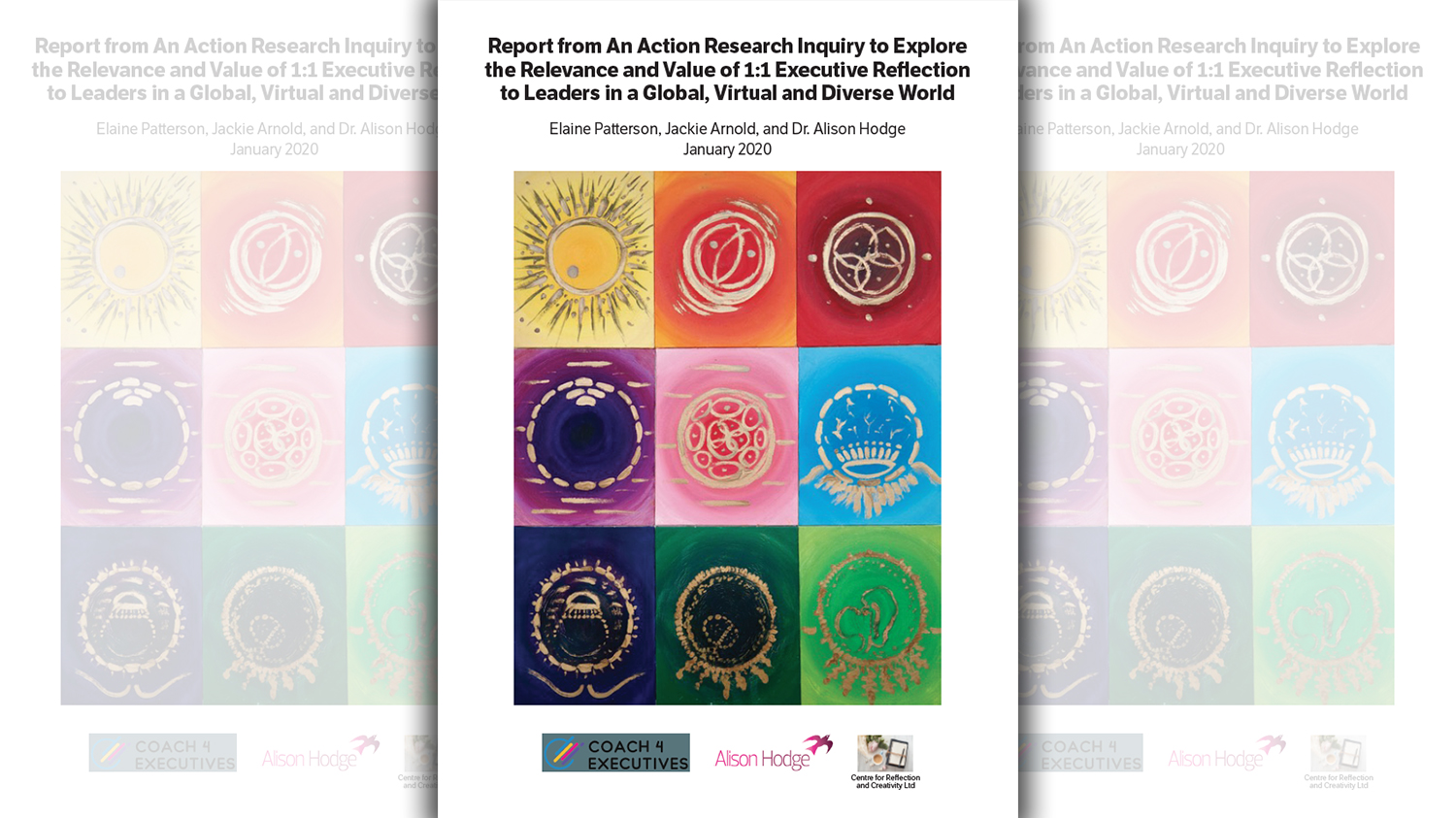
Research into 1:1 executive reflection
8th July 2020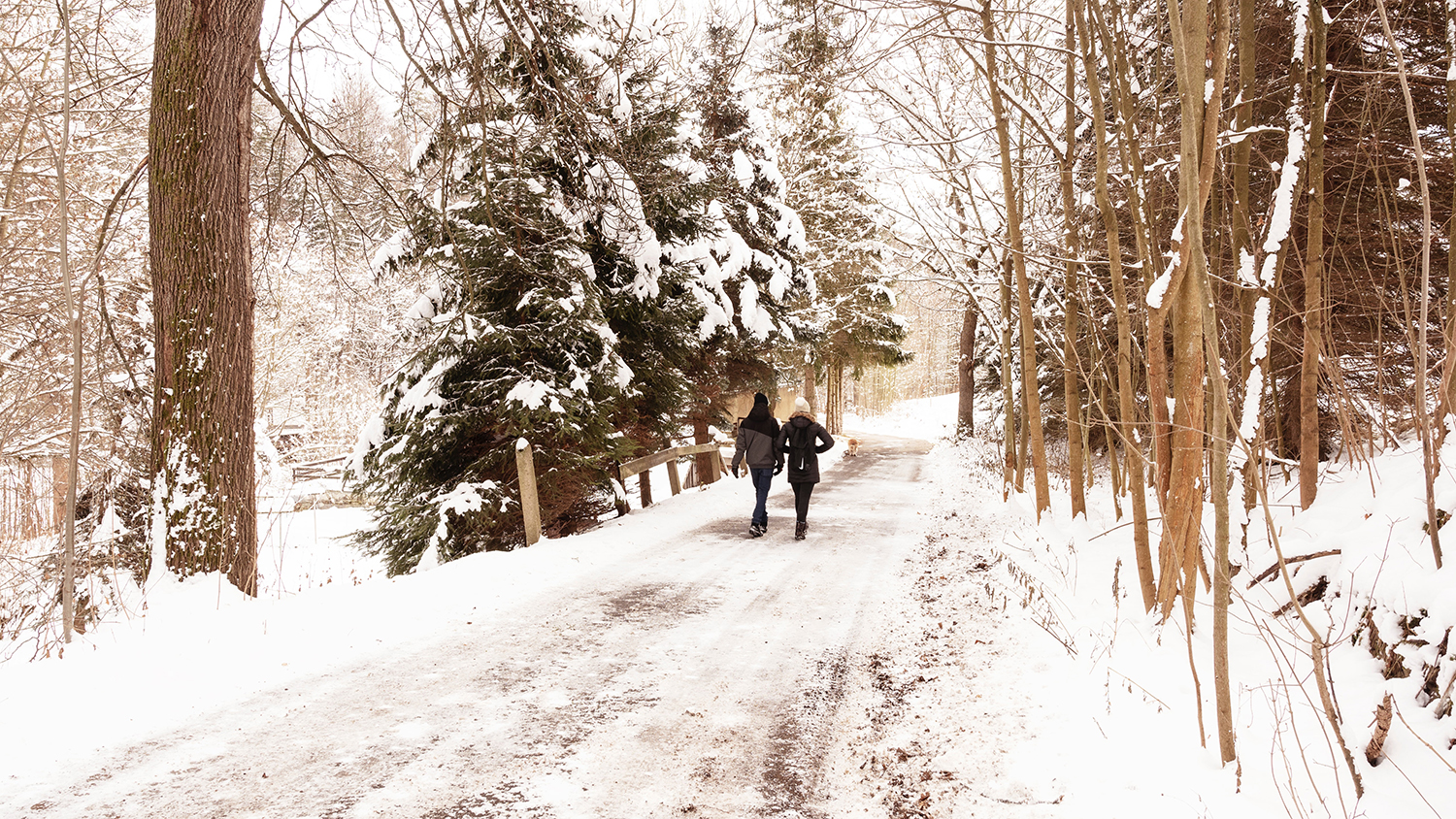
Finding the balance
10th February 2021Covid and the contagion of giving
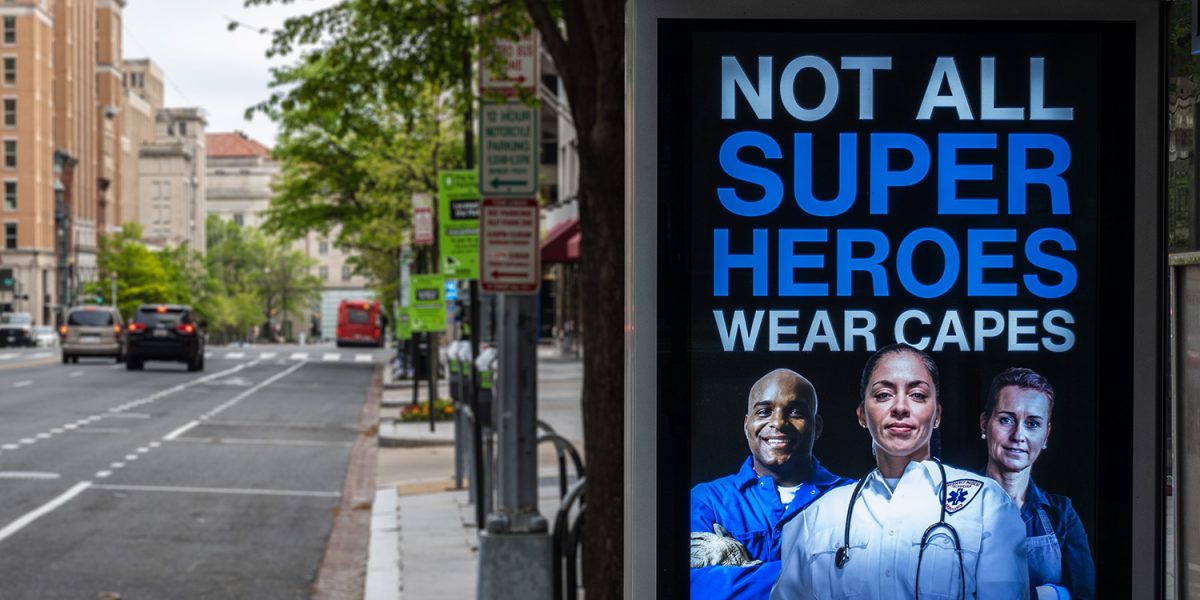
I’ve been reflecting on a recurring theme that is emerging in supervision. It’s a theme that was raised in the summer by one of my clients, who told me at the end of July, coming into an August break, that they were exhausted, possibly even on the verge of burnout. I too was feeling pretty exhausted at that time. So I’ve been curious about the causes of that exhaustion, both for my clients and for me.
One of the big things I’ve noticed since we went into Lockdown in March is my feeling that some of my clients might have been jumping onto what I will tentatively call ‘bandwagons’ – by offering free programmes, joining free coaching initiatives to support organisations, and running free online workshops – all of them strongly motivated by the need to save, the need to help, the need to put things right. I’ve been wondering what this is about, and how we can find balance in the face of such urgency and need.
A recurring reason offered, when I’ve probed, has been about a strong sense of identity: I can help… one of my core values is to help others… I have the skills… I want to contribute at the sharp end… I have what is needed. And so the coach has become embedded in these very worthwhile (and possibly worthy) activities without necessarily asking themselves some important questions: What is motivating me? Am I engaging choicefully? Have I considered whether what I’m offering is realistic? Is there a danger of jeopardising my own well-being and health?
Once engaged, the coach naturally does not want to let anyone else down by withdrawing or retreating, for fear of appearing selfish. So the whole notion of self-care gets repressed, ignored, sublimated and sacrificed with these other motivators, and the coach continues to make poorly informed choices about how they are engaging and what they are able to sustain, without risk to themselves.
So, often my clients then ask me about how I am coping or managing, because we have a mutual care for each other. I realise that for some I am modelling alternative perspectives, and when probed I may even share what has informed my choices. And here’s the rub. I have made conscious choices, rather than just jumping in with a well-established and familiar pattern of ‘helping’, or at times possibly ‘rescuing’.
I have made different choices, informed by paying real attention to my capacity, my physical health, and to my mental and emotional health. As a result, I’ve protected myself from exhaustion and low spirits, and I’ve stayed out of a hospital bed. I’ve had the capacity to support my clients, believing that my ability to offer that support will reach the wider system through those I’m working with.
It’s simply a different choice and a different approach. I believe that I make a difference here and now, that will make a difference out there.
I’ve hesitated to share this perspective, and I haven’t discussed my own choices with my clients, because I didn’t want to appear judgmental. And in fact, when I did share this recently with one client, she said, ‘Ah, but what I’m hearing is that you made deliberate choices rather than almost being caught up in the contagion of giving, which was unconditionally, unchoicefully generous because of identity, because we can, because of all of those elements.’
We then explored where the motivation to ‘help’ comes from. We wondered if some people do this because in an anxious time, being visible and active shows we are making a difference – both to ourselves and our wider circle. If we are actively contributing, it can displace our personal feelings of fear and anxiety. It could also be because of early conditioning, where rescuing situations and putting them right has long been an essential part of our identity and purpose.
As we go into another period of Lockdown, with its persistent uncertainty, there’s a chance to say something to people about what we’ve learned from Lockdown 1. And that is:
Be careful with yourself. Make rational choices. Balance your desire to give with your own need for good mental and emotional health. Rather than jumping on the rollercoaster of contagious helping initiatives, be mindful about the choices you make. That way, you will be able to preserve the personal resources that enable you to attend to the most important things, over what appears to be a prolonged period ahead.
Photo: dmbosstone
Resources
What are the 5 stages of burnout?
What has lockdown done to your employees’ brains?


